
The School Counseling Department is made up of a team of professionals specialized in clinical psychology, educational psychology, neuropsychology, speech therapy and occupational therapy.
The Department attends to the needs that arise at the group level (in a class) or individually with a student, and that require timely and immediate attention in order to overcome the specific difficulties that require the support of the Department’s professionals during the school day.
Resources and programs
Academic and socio-affective accompaniment
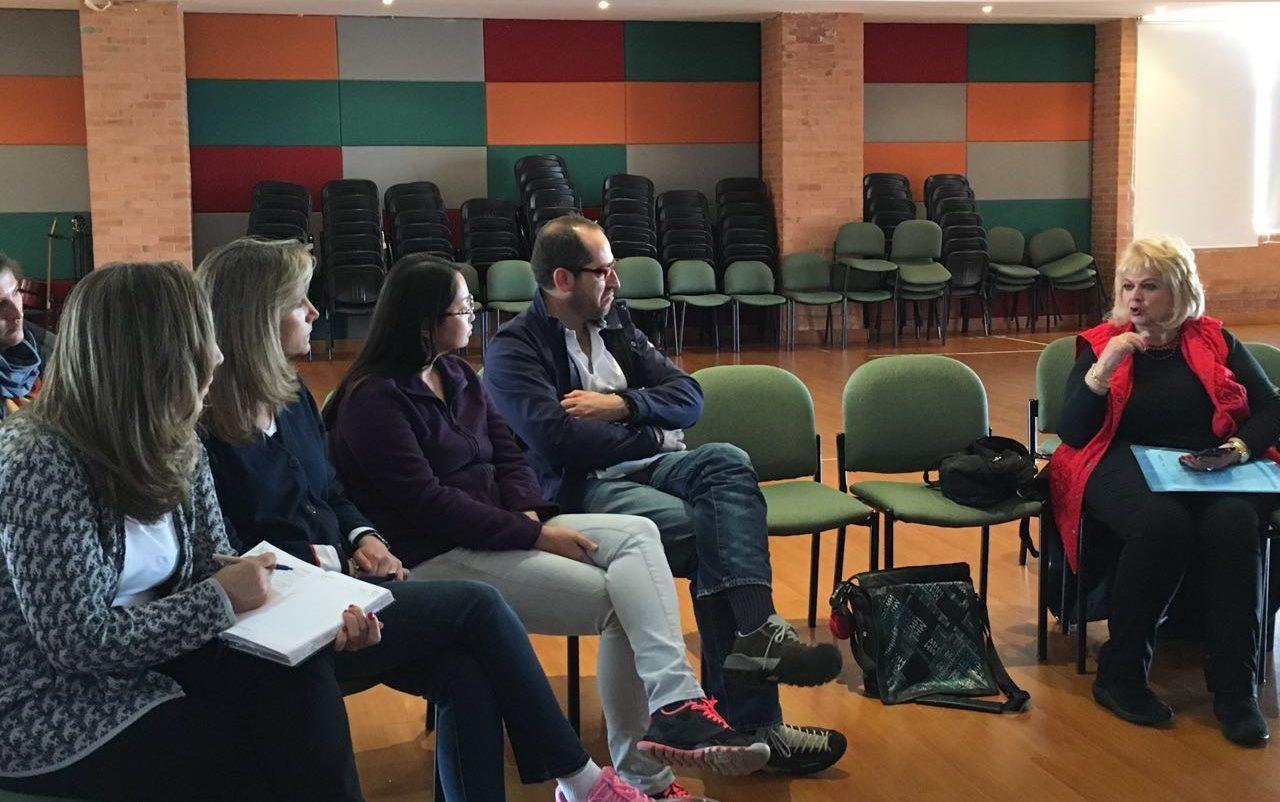
Advice to the CPAs of the grades: prekinder to 11°
The CPA is the space for curricular articulation that favors dialogue between the teachers of each grade with the purpose of identifying individual needs and those of the group at an academic and socio-affective level, and generating strategies that strengthen the class environment and help overcome difficulties detected.
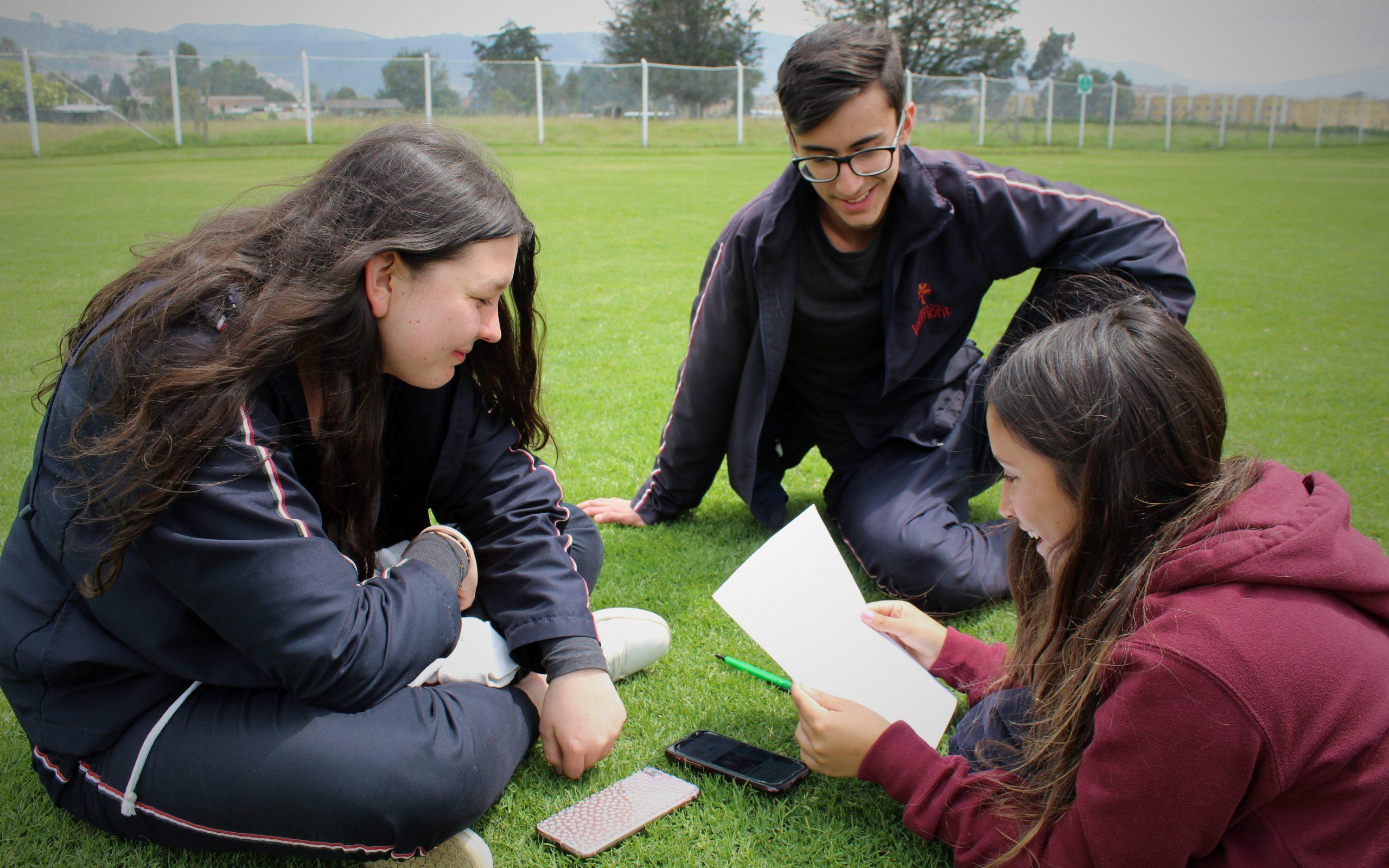
Academic counseling and monitoring
It is the support and accompaniment mechanism for those students who have had a low academic performance, to generate concrete strategies that aid their performance in a timely manner.
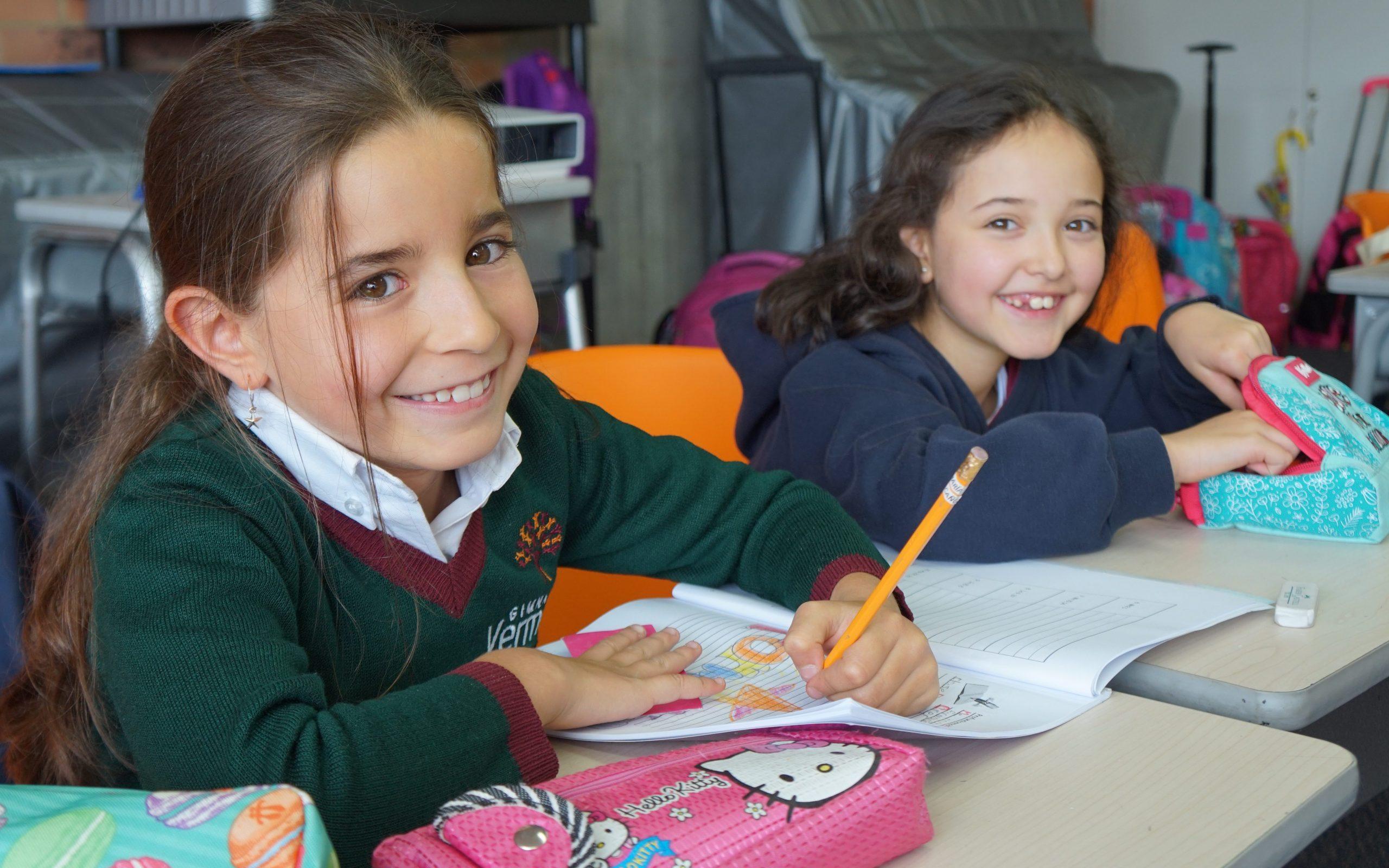
Home plan
They are clear, simple and useful strategies offered by the Department’s professionals to guide families on how to support their child’s particular needs at home.

Commissions
The Department’s interdisciplinary team discusses the needs of the students, in order to establish the support routes that may be appropriate.
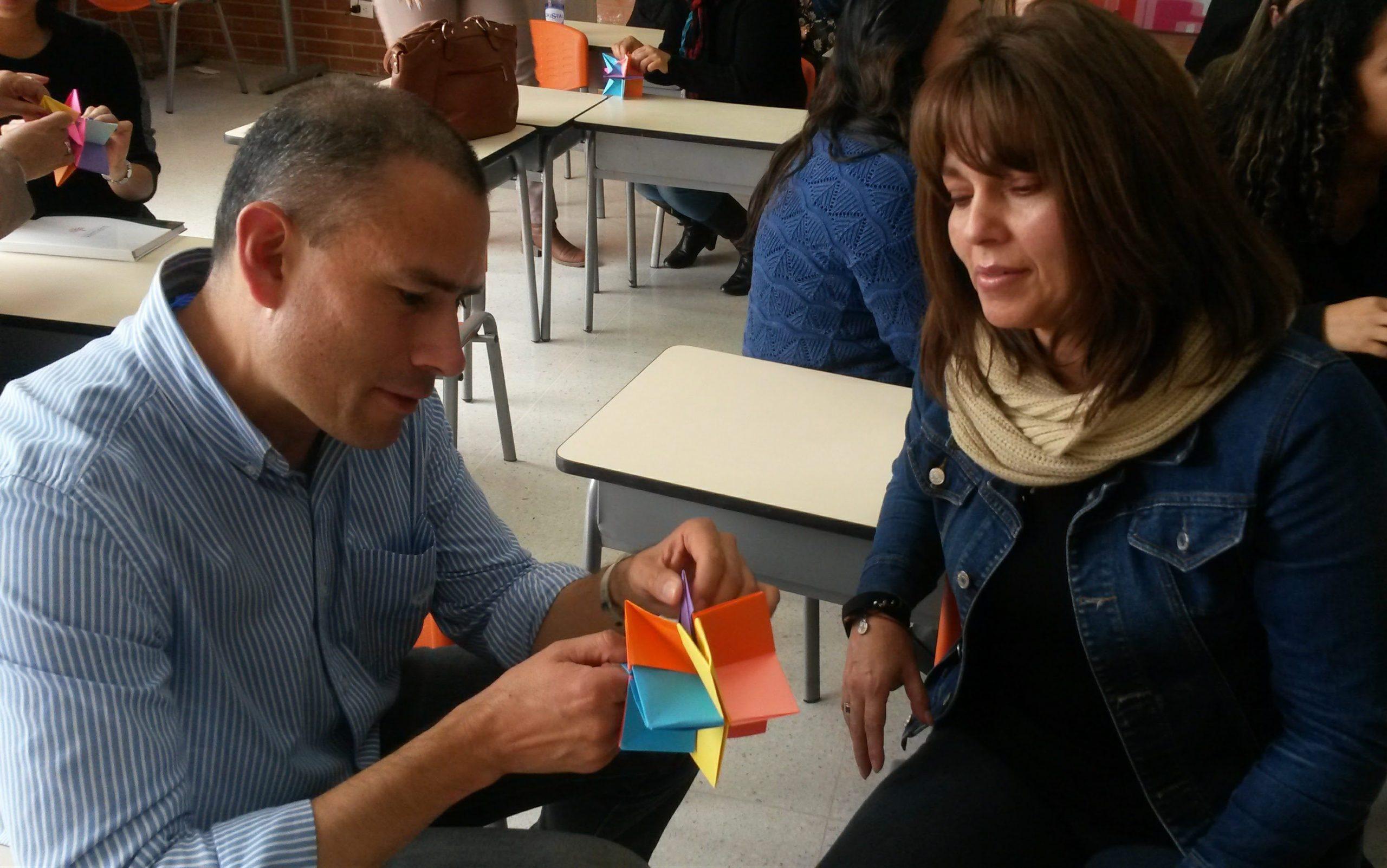
Workshops
Vermont offers emotional and socio-affective development, oral and written communication, and sensorimotor development programs that are carried out in the grade based on the stage of development and the needs that arise during the year.
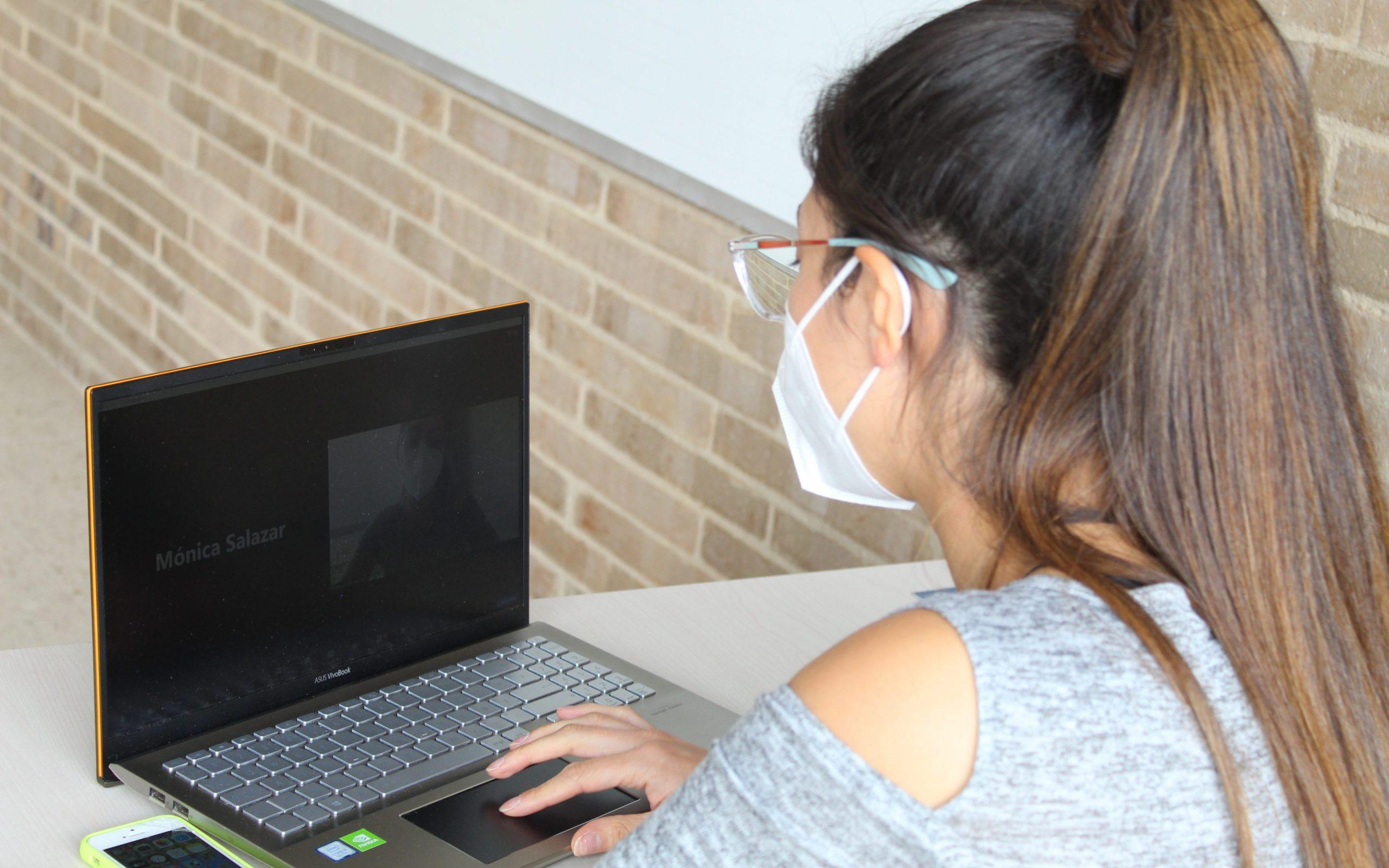
Webinar
Meetings open to the families of the educational community in which topics are addressed to promote bonding and the accompaniment of students at home.

Teamwork with external professionals
When a student has required the services of external professionals who support their needs, Vermont generates spaces for dialogue and meeting with them, to jointly tend to the case.
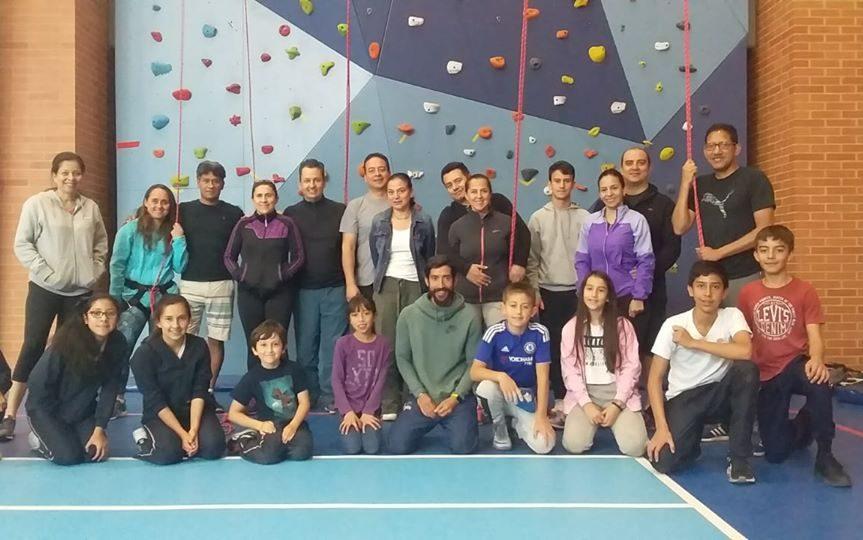
Inclusive educational practices
It is the commitment that as an institution we have to address the individual differences and difficulties of some student, which requires adjustments and adaptations of the study plan to meet their particular needs. Fulfilling this purpose implies making work times, proposed activities and evaluation, among others, more flexible.
This process responds to the governing principle of equity at Vermont, which conceives it as the duty to give each student what they need for the development of their potential.
